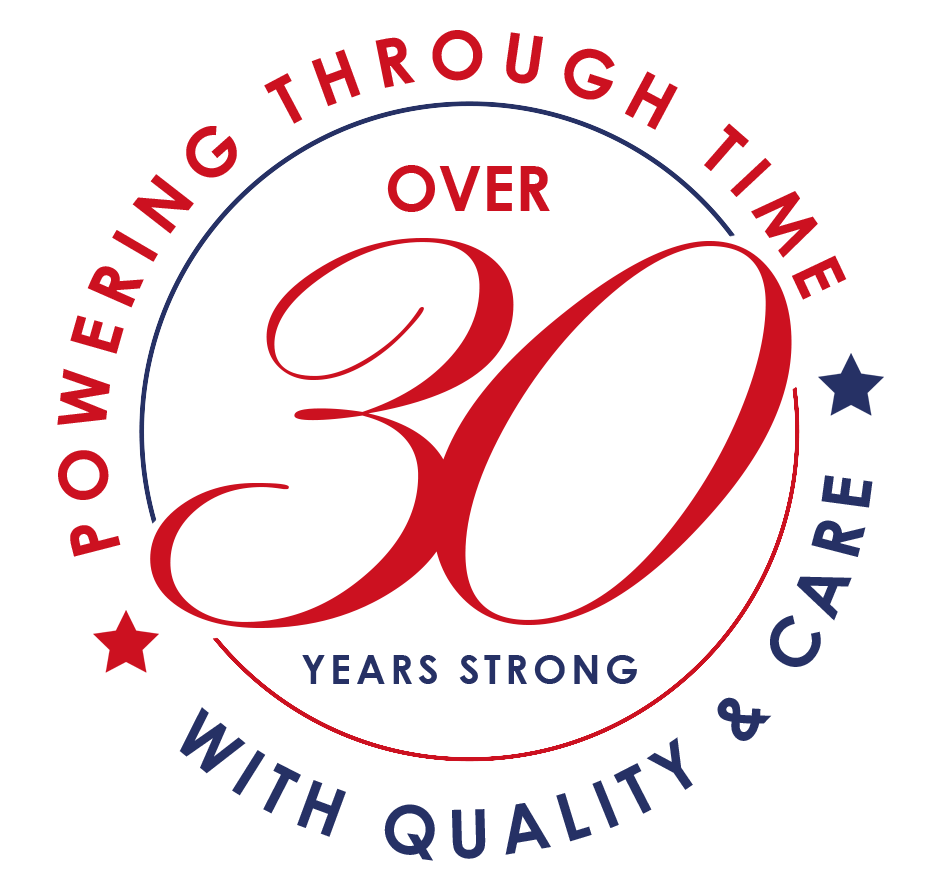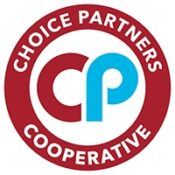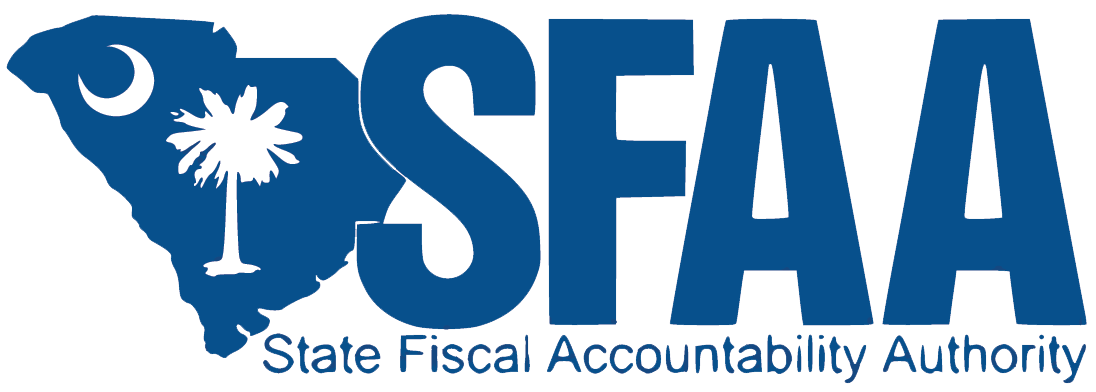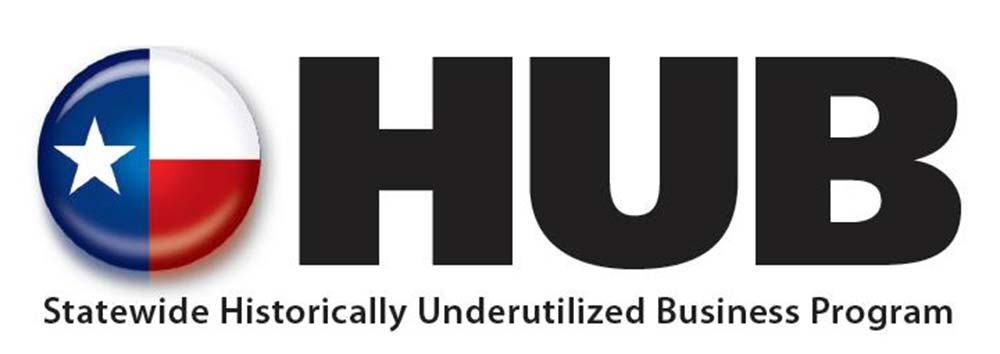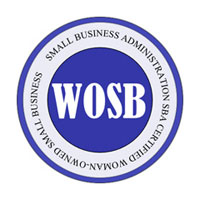Implementing Tactical Procurement Decisions
In procurement, tactical decisions are the building blocks supporting an organization’s overarching strategic goals. These decisions, which concern the nitty-gritty aspects of procurement operations, ensure efficiency, cost-effectiveness, and overall procurement success. Let’s dissect these key areas to understand how they shape tactical procurement decisions.
Supplier Involvement
Supplier involvement is about integrating suppliers into the decision-making process. It’s about fostering a relationship where suppliers become partners rather than mere vendors. This involvement can lead to better communication, innovation, and problem-solving, ultimately improving product quality and delivery times. However, careful management must ensure supplier involvement doesn’t compromise the company’s competitive advantage or intellectual property rights.
Value Analysis
Value analysis is a systematic approach to optimize the cost-efficiency of a product or service without compromising its quality or functionality. It involves scrutinizing all product or service elements to identify unnecessary costs and find ways to eliminate them. Procurement specialists can make more informed purchasing decisions and contribute to the company’s bottom line by conducting regular value analyses.
Quality Assurance
Quality assurance in procurement involves ensuring that the goods or services procured meet the required quality standards. This could include conducting supplier audits, setting up quality control systems, and implementing measures to rectify quality issues. A strong focus on quality assurance can help prevent costly mistakes, protect the company’s reputation, and ensure customer satisfaction.
Supplier Selection
The supplier selection process is a critical part of tactical procurement decisions. It involves determining the criteria for selecting suppliers, such as cost, quality, reliability, and service, and then evaluating potential suppliers based on these criteria. A well-executed supplier selection process can lead to long-term partnerships, reduced risks, and improved procurement outcomes.
Supplier Rating and Ranking
Rating and ranking suppliers is a way of assessing their performance and identifying areas for improvement. This could involve developing a supplier scorecard that rates suppliers on various parameters like delivery times, product quality, and customer service. Regularly placing and ranking suppliers can help keep them on their toes and drive continuous improvement.
Contract Management
Contract management involves overseeing the execution of contracts to ensure both parties fulfill their obligations. This includes monitoring contract performance, managing contract renewals or terminations, and resolving contract-related issues. Effective contract management can help avoid legal disputes, manage risks, and ensure the smooth flow of goods or services.
IT Systems and e-Procurement
Technology plays a pivotal role in modern procurement. IT systems and e-procurement tools can streamline procurement processes, improve transparency, and provide valuable data for decision-making. However, implementing these technologies requires careful planning, staff training, and ongoing support to ensure they deliver the desired benefits.
Policies and Procedures
Clear policies and procedures provide a roadmap for procurement activities. They set the standards for behavior, guide decision-making, and ensure consistency across the organization. Regularly reviewing and updating these policies and procedures can help align them with changing business needs, regulatory requirements, and best practices.
Staffing the Procurement Department
The success of any procurement function hinges on its people. Staffing the procurement department involves hiring the right people and providing them with the necessary training and development opportunities. A well-staffed, well-trained procurement team can drive efficiency, innovation, and strategic value.
Implementing tactical procurement decisions effectively is crucial for the success of an organization’s procurement strategy. Procurement specialists can significantly impact their organization’s bottom line and strategic objectives by understanding and mastering these key areas.





